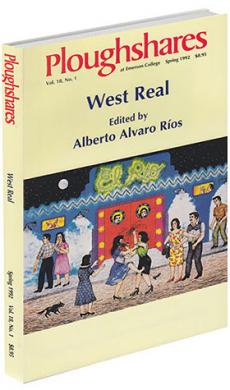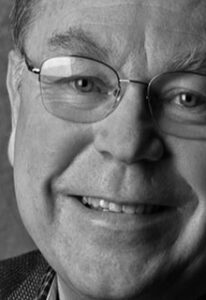rev. of Looking for Luck by Maxine Kumin
Although best known for its pastoral sympathies, Maxine Kumin's work has always possessed a moral edge, and in her latest book,
Looking for Luck, she confronts the precarious nature of privilege, awarded to some, withheld from others, human and beast alike. In "Looking for Luck in Bangkok," the poet stoops under an elephant smelling of "a thousand miracles," aware of her "good luck running in / as his runs out." The traveler "set / down at birth in a privileged nation" in "FAT PETS ON" recognizes those "refugees in orbit," locked in airport hotels, who face return to death or prison because their "costly black-market / papers are not in order." Kumin weighs the somber luck of family survivors, and of Japanese students who associate a bombed city with
beisbol and "long life, Hiroshima Carp," rather than history. In even the happiest circumstance — the brutalized horse reclaimed, a moth and its host in perfect symbiosis — Kumin suggests a balance which life commands by a hair.
Within this gossamer lies the possibility of ecstasy, signaled by the marriage of human and animal consciousness in poems like "Credo" and "The Rendezvous." Salivating from the sweetness of trundled hay, the poet wonders if she has been, or will be born again as, a grazing animal. Kumin's rural landscapes have often been places of reconciliation where man and nature meet on grateful terms; the farmers in "Hay" are heroic in their "small-scale back-break" and tender allegiance to the land. It is a threat to both her mystical and moral vision that this relationship, Kumin reminds the reader, is "all but obsolete." Still,
Looking for Luck, with its poems of celebration and adversity, clearly articulates "the one brief note that says we mean / roughshod and winged, to last forever."

